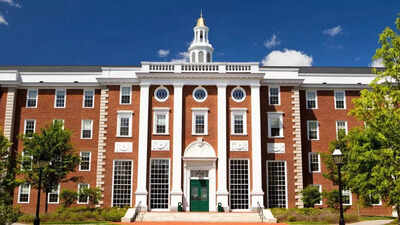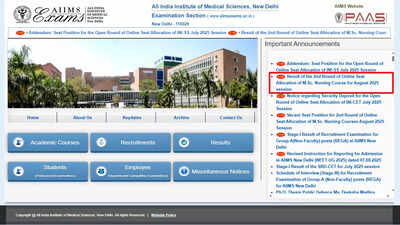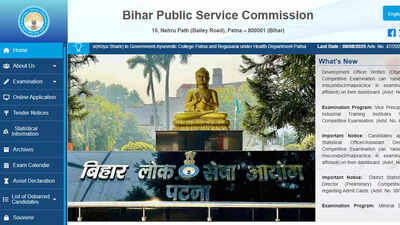
For decades, Harvard University has stood as the gold standard for higher education, a place where intellectual ambition meets global influence. Its Computer Science program, nestled within the John A. Paulson School of Engineering and Applied Sciences, attracts some of the brightest minds from across the world. But prestige comes with a price tag, and for many aspiring students—especially those from outside the United States—the cost of a Harvard education can feel like the biggest hurdle of all.That perception, however, is changing dramatically in 2025. The university has unveiled one of the most significant financial aid expansions in its history, effectively reshaping who can afford to step inside Harvard’s historic gates. For Computer Science hopefuls, this shift could mean the difference between shelving a dream and making it a reality.
Fees and expenses: The official breakdown
For the 2025–26 academic year, the billed cost of attending Harvard College, which houses the undergraduate Computer Science degree, stands at $86,926. This includes tuition at $59,320, a health services fee of $1,800, housing at $13,532, a student services fee of $3,676, and a food plan costing $8,598.Beyond these billed figures, students should account for unbilled expenses such as books, supplies, personal costs, and travel. Depending on an individual’s circumstances, these can add between $3,500 and $8,500 a year. With these additional costs factored in, the estimated total annual expense for a Computer Science undergraduate ranges from $90,000 to $100,000.
Financial aid expansion
The numbers may seem daunting, but Harvard’s financial aid overhaul for 2025–26 has changed the equation for most students. Families earning up to $200,000 a year now qualify for full tuition coverage, a policy that places Harvard within reach for roughly 86% of American households. For those earning $100,000 or less, the aid is even more generous: all billed costs—including tuition, housing, meals, and health services—are fully covered, with additional grants for travel and a $2,000 start-up award in both the first and junior years.This shift means that, for the majority of admitted students, the actual cost of a Harvard Computer Science degree will be far lower than the headline figures suggest—sometimes even zero.
Why the Computer Science program stands out
Harvard’s Computer Science curriculum blends rigorous theoretical foundations with cutting-edge research in fields such as artificial intelligence, cybersecurity, data science, and quantum computing. Students have access to state-of-the-art labs, interdisciplinary collaborations, and the unique advantage of cross-registering for courses at MIT. Alumni from the program have gone on to lead at top technology firms, shape policy in digital governance, and launch high-impact startups backed by Harvard’s vast innovation network.
A campus in transition
The financial aid transformation comes amid a period of significant change for Harvard. The university has restructured its student support services, consolidating identity-based centers into the Harvard Foundation for Culture and Community—an effort aimed at inclusivity that has sparked debate on campus. At the same time, political and legal pressures from Washington over issues like campus speech and diversity policies have intensified, leading to a high-profile decision to reject a proposed $500 million settlement from the federal government.Economist David Deming has stepped into the role of Harvard College Dean, tasked with steering the institution through these financial and cultural shifts. Meanwhile, a newly introduced federal endowment tax set to take effect in 2026 poses fresh challenges for sustaining the university’s ambitious aid commitments.
The bottom line for aspiring CS students
In 2025, Harvard’s message is clear: financial barriers should not stand in the way of exceptional talent. The university’s expanded aid program has made its Computer Science degree, long considered a symbol of elite opportunity, more accessible than at any point in recent history. For students driven by curiosity, innovation, and the desire to push the boundaries of technology, Harvard’s gates are open wider than ever before.TOI Education is on WhatsApp now. Follow us here.






